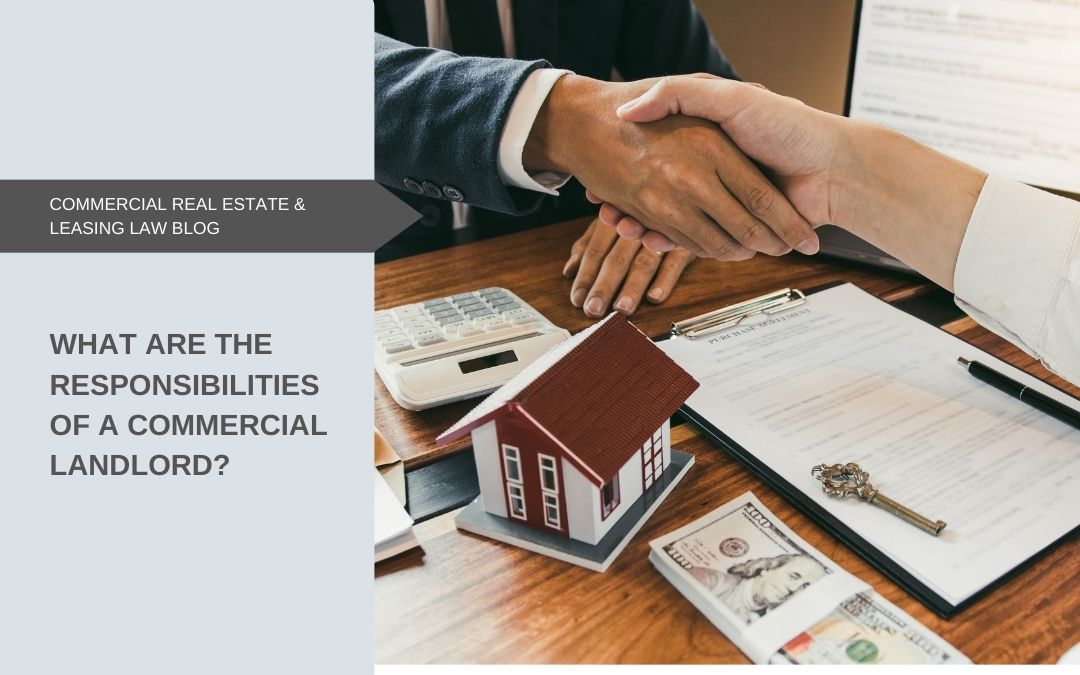Commercial landlords have various responsibilities that they must fulfill to ensure the proper management and maintenance of their commercial properties. While specific responsibilities may vary based on the lease agreement and local laws, here are some common responsibilities of commercial landlords:
Property Maintenance
- The landlord is responsible for maintaining the structural integrity of the building, ensuring that it is safe, secure, and free from hazards.
- Regular maintenance tasks, such as repairing structural defects, maintaining electrical systems, plumbing, heating, ventilation, and air conditioning (HVAC), fall under the landlord’s responsibility.
- The landlord should promptly address maintenance requests and ensure that the property is in compliance with applicable building codes and safety regulations.
Property Repairs
- Landlords are typically responsible for repairing any damages or defects that occur in the property due to wear and tear or other non-negligent causes.
- This includes repairing issues related to the building’s structure, roof, plumbing, electrical systems, and other essential components.
- Landlords should respond to repair requests in a timely manner, ensuring that the property remains functional and in good condition.
Common Area Maintenance
- If the commercial property has common areas, such as hallways, elevators, parking lots, or shared amenities, the landlord is responsible for their maintenance and upkeep.
- This includes cleaning, lighting, repairs, and ensuring that common areas are safe and well-maintained for tenants and visitors.
Property Insurance
- Landlords typically carry insurance coverage for the property, which may include general liability insurance, property insurance, and other relevant coverage.
- It is the landlord’s responsibility to ensure that adequate insurance is in place to protect against risks and potential damages to the property.
Compliance with Laws and Regulations
- Landlords must comply with applicable local, state, and federal laws and regulations governing commercial properties.
- This includes adherence to building codes, safety standards, zoning regulations, accessibility requirements, and environmental regulations.
Lease Administration
- Landlords are responsible for lease administration, including drafting and negotiating lease agreements, enforcing lease terms, and handling lease-related paperwork and documentation.
- They must keep accurate records of lease agreements, rent payments, security deposits, and other financial and legal documents.
Tenant Relations
- Landlords should maintain positive and professional relationships with tenants, addressing their concerns, and responding to inquiries or complaints in a timely and efficient manner.
- This includes handling lease renewals, rent increases, lease terminations, and coordinating with tenants for property inspections or access.
Rent Collection
- Landlords are responsible for collecting rent from tenants according to the terms outlined in the lease agreement.
- They should ensure that rent is collected on time, track payment records, and address any issues related to late payments or non-payment.
It’s important for landlords to familiarize themselves with their specific responsibilities as outlined in the lease agreement and applicable laws. Seeking legal advice and guidance from a real estate attorney can help landlords ensure compliance, protect their interests, and maintain positive relationships with tenants.

